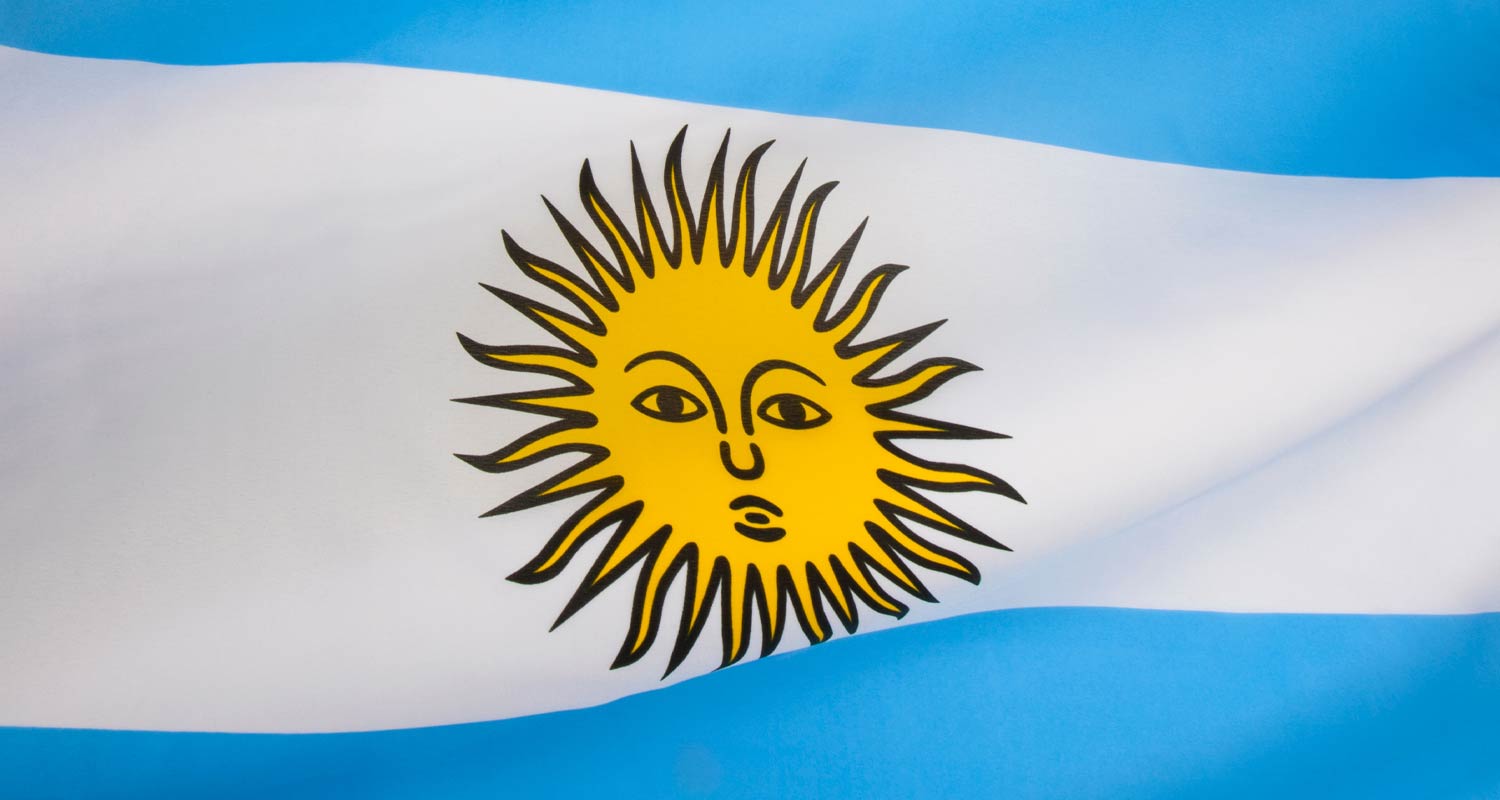 The largest university in Uruguay can’t churn out technology students fast enough. Of the thousand or so that enrol each year at Udelar, roughly 100 graduate, many of them calculating they can quit to enter the digital workforce and quickly earn at least twice the national average wage.
The largest university in Uruguay can’t churn out technology students fast enough. Of the thousand or so that enrol each year at Udelar, roughly 100 graduate, many of them calculating they can quit to enter the digital workforce and quickly earn at least twice the national average wage.
But even hundreds of entry-level positions a year aren’t sufficient. Big Tech wants much more.
Wedged between Argentina and Brazil, Uruguay used to only be economically relevant for its beef, wood pulp and soy exports. But a confluence of low taxes, pro-business regulations, and relatively safe and stable living conditions have made Uruguay a haven for Latin America’s most successful tech entrepreneurs.
The adopted home of the founders of MercadoLibre, Nu Holdings and Globant — combined market valuation US$150-billion — already punches above its weight as a technology hub, with the highest per capita IT exports in South America. Microsoft has installed its first artificial intelligence lab in the southern hemisphere. Google is seeking permits to build its second regional data centre.
The question is whether a country of just 3.4 million people — where cows outnumber people by three to one — can offer enough qualified engineers and workers to build on its momentum. While wealthy founders and CEOs of the region’s most successful tech firms now live in Uruguay, the high cost of living and relatively small ecosystem mean it may not be as attractive for more junior talent from outside its borders.
“I don’t necessarily think there is a clear plan yet to build Uruguay into this machine of engineers” like in Silicon Valley, said David Velez, the co-founder and CEO of digital banking giant Nu Holdings.
Competition is fierce
It’s obvious why countries vie for tech entrepreneurs — they bring jobs, tax revenue and prestige. But competition is fierce. From New York to Austin and from Guadalajara, Mexico to Sao Paulo, the world is dotted with places that have tried to capitalise on a successful start-up or two to become a magnet for entrepreneurs.
Velez is Colombian. His counterparts Marcos Galperin of MercadoLibre and Martin Migoya of Globant are from Argentina. None of their businesses was founded in Uruguay — they just gravitated there like many moneyed South Americans.
Unlike Elon Musk or Larry Ellison, who relocated their companies when they left California, Uruguay’s tech superstars have modest employee bases near their homes. That’s partly a function of their industries, which require large workforces in their biggest markets. MercadoLibre operates an e-commerce marketplace and Globant provides IT services to businesses.
“It’s a nice and efficient hub, a great country, a stable market,” Hernan Kazah said of Uruguay, his adopted home. The Argentine co-founded MercadoLibre and then started venture capital firm Kaszek. “But obviously in terms of market size it is a totally different league compared to Sao Paulo, which is a monster.”
Latin America’s big tech companies are all hiring in Uruguay. Globant has expanded its operation over the years to 1 200 people in Montevideo from 250, co-founder and CEO Migoya said in an interview. “The ecosystem is growing a lot in Montevideo. A lot of investors understood that there’s a lot of things happening there.”

The IT industry more than doubled its share of the economy in a decade to 4% of GDP, with exports accounting for about two-thirds of its more than $2.8-billion of revenues in 2022.
But the tech industry, which employs more than 22 000 people, has complained for years that it can’t fill jobs. Universities face a limited pool of potential students as just one in two Uruguayans graduate from high school.
For Rodrigo Arim, the rector of state-run Udelar, the fact that many students are leaving early for tech jobs may also weigh on future innovation and development for the industry including in areas like AI and quantum computing. Udelar is trying to help many finish degrees through remote-learning programmes that balance work and studies, he said.
“If we don’t manage to increase the quantity of postgraduates it might be difficult for the industry to move to more value-added areas,” Arim said.
Still, there’s a long tradition in the tech industry, from Bill Gates to Mark Zuckerberg, of quitting school early. Horacio Torrendell, 32, started a software engineering degree at the prestigious Universidad ORT Uruguay in 2011, but left in 2017 to focus on building his augmented and virtual reality development boutique Treeview Studio.
Despite admiring ORT’s tough curriculum and entrepreneurial culture, Torrendell has come to believe Uruguay’s universities are out of touch with the rapidly evolving IT sector because their software engineering programmes are excessively long and difficult.
“It’s an extremely inefficient way of learning.” said Torrendell, who remains based in Montevideo but works remotely from other cities during the winter. “I feel that technology, especially software development, is a very artisanal skill set. Mastering a skill doesn’t necessarily come from formal education.”
Tax breaks
Engineering school dropouts can start out with a regulator-set minimum wage that maxes out at about $1 140. But workers can quickly double or triple that. Per capita income in Uruguay is about $850/month (R15 000/month). Sticking it out can be tough.
Since the end of the military dictatorship in 1985, governments have offered stable rules and generous tax breaks to foster new industries like forestry and software. IT exports are exempt from corporate income taxes and companies that operate from free trade zones like Globant, Dlocal and MercadoLibre enjoy additional tax breaks.
“Governments from the right, centre and the left kept those incentives,” said Sergio Fogel, co-founder of Montevideo-based payment services company Dlocal, in an interview. He’s personally invested in more than 20 start-ups.
Dlocal, Urugay’s first $1-billion start-up, or unicorn, went public on the Nasdaq in 2021. Montevideo-based Zorzal Inversiones Tecnologicas raised $5.6-million to buy minority stakes in Uruguayan tech companies in Uruguay’s first IPO in almost eight years. Foreign investors have been acquiring local start-ups at a brisk pace with more than a dozen deals in the last four years.
 Venture capital and private equity shops invested about $526-million in 33 Uruguayan start-ups between 2020 and 2023, according to data compiled by Lavca, a nonprofit association for private capital investment in the region.
Venture capital and private equity shops invested about $526-million in 33 Uruguayan start-ups between 2020 and 2023, according to data compiled by Lavca, a nonprofit association for private capital investment in the region.
For Ximena Aleman, co-CEO of fintech Prometeo, the Dlocal IPO proved local entrepreneurs could build and manage a multibillion-dollar company from Uruguay. That drew interest from outside investors, she said. PayPal Holdings and Samsung are financial backers of Prometeo.
“I met PayPal that way, because they were here meeting another entrepreneur,” Aleman said. — Ken Parks and Daniel Cancel, with Patrick Gillespie, (c) 2024 Bloomberg LP

